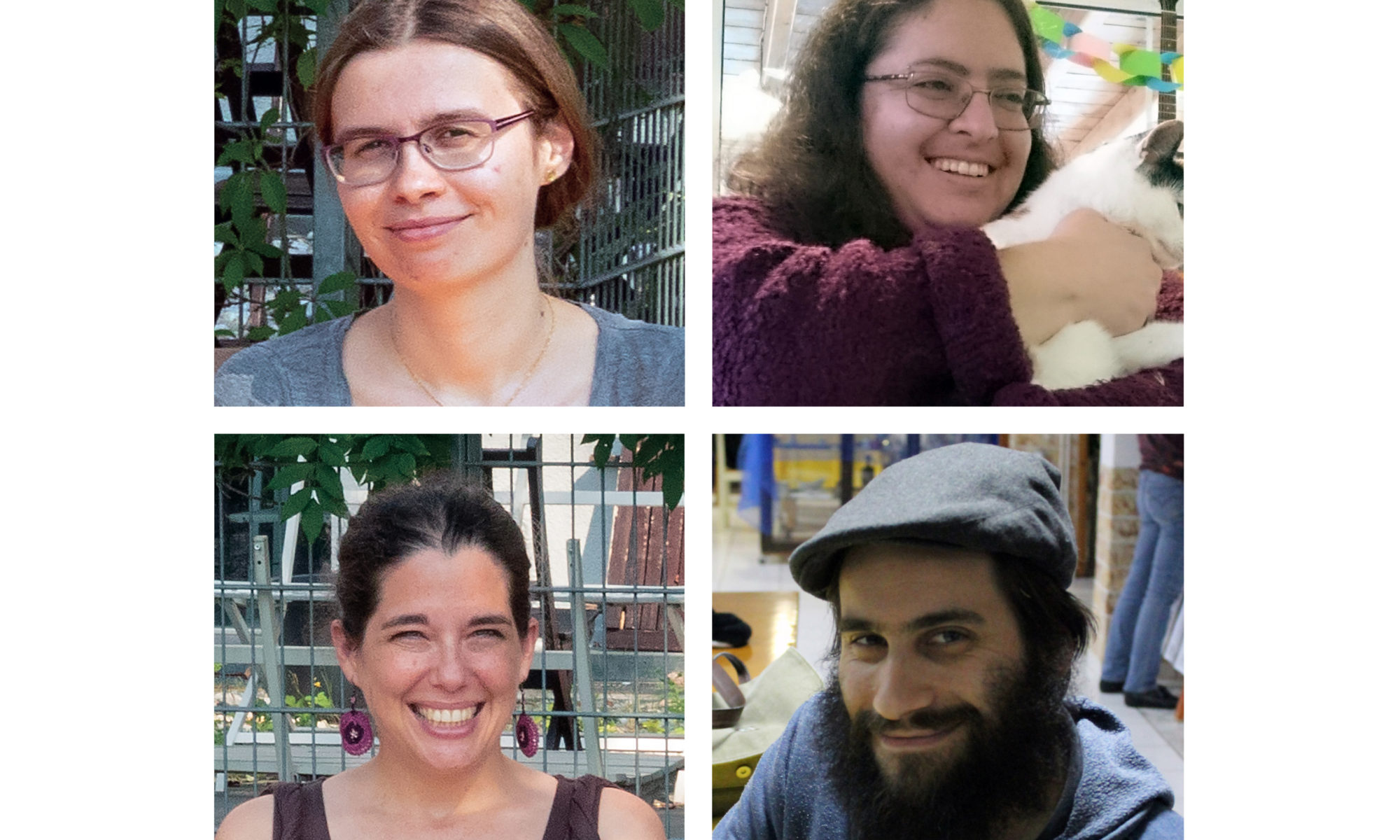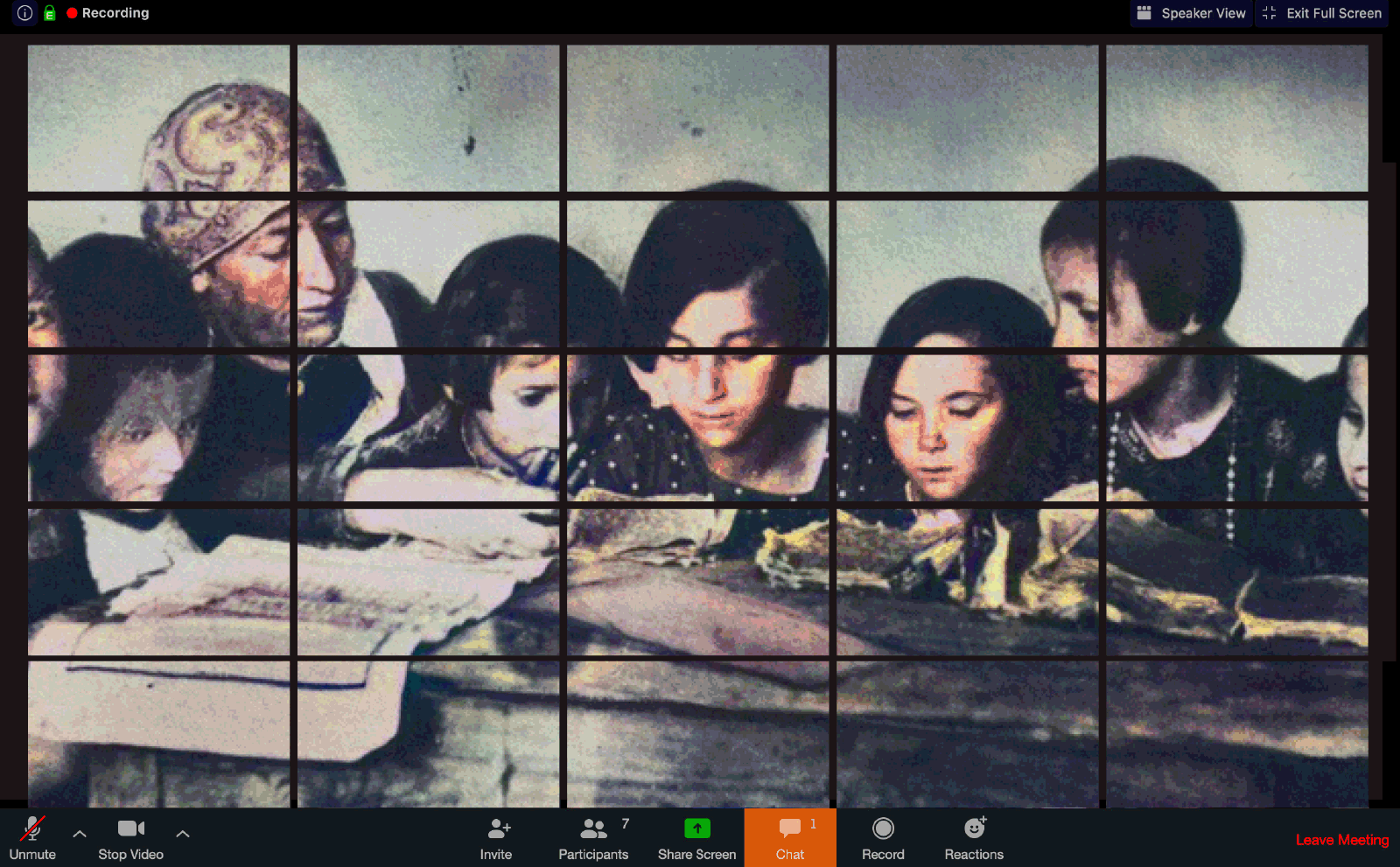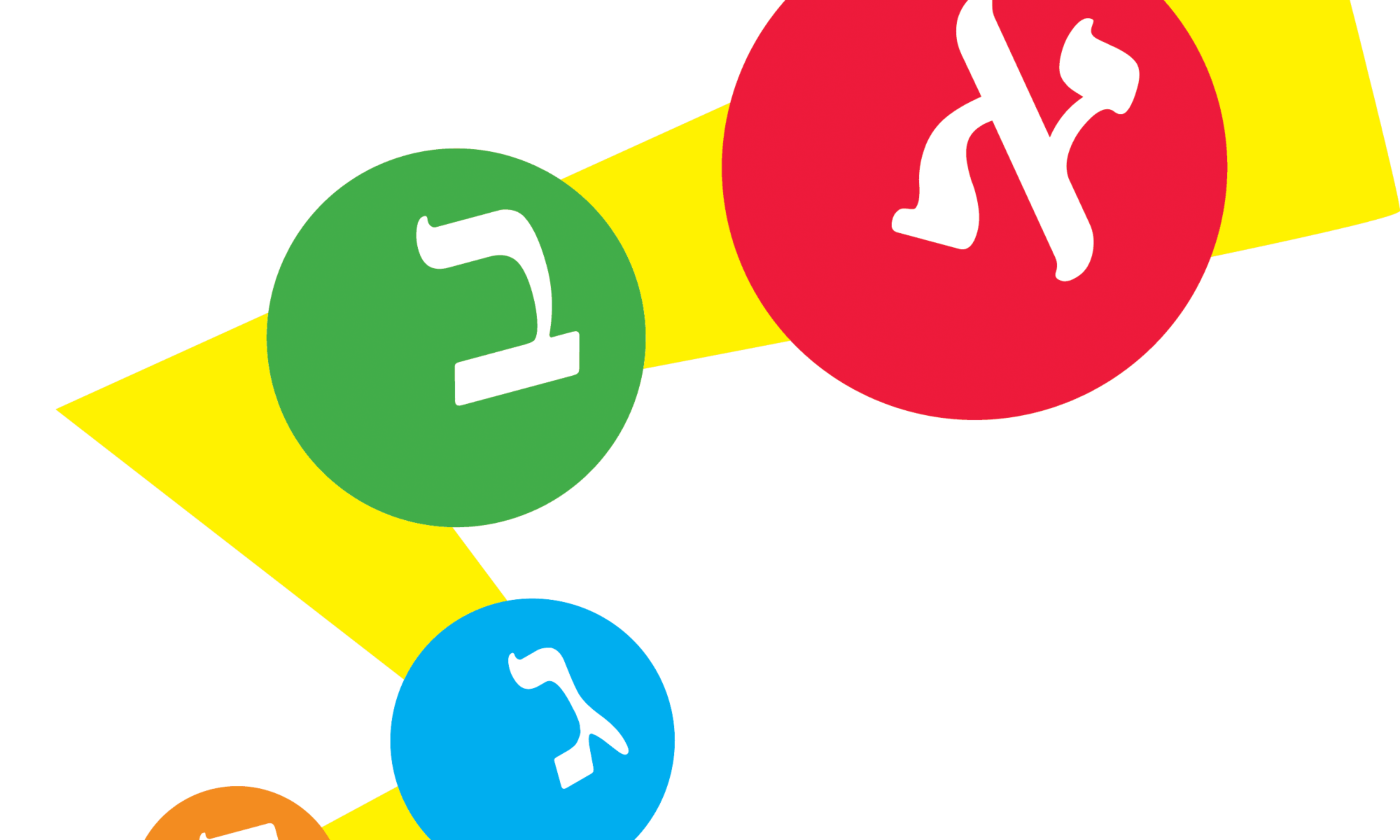יאָ מיט אַלעמען 4
וויי אינטערנעץ־סעמינאַרן פֿונעם פּאַריזער ייִדיש־צענטער פֿונעם 28סטן נאָוועמבער ביזן 21סטן דעצעמבער 2020
איר קענט זיך אײַנשרײַבן אויף דער גאַנצער פּראָגראַם אָדער אויסקלײַבן איינעם פֿון די 2 סעמינאַרן (יעדער סעמינאַר באַשטייט פֿון 4 וועכענטלעכע לעקציעס פֿון אָנדערטהאַלבן שעה, דהײַנו 6 שעה פֿאַר יעדן סעמינאַר).
אַלע סעמינאַרן זײַנען אויף ייִדיש.
פּראָגראַם
1. רעדן מיט יעדן לײענער אױף זײַן שפּראַך ׃ באַשעװיסעס ראָמאַנען אין ייִדיש און אין ענגליש
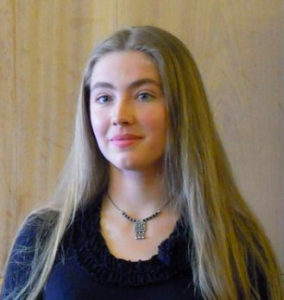 סעמינאַר פֿון פֿיר לעקציעס, שבת 19 ביז 20.30 אַז’ (פֿונעם 28סטן נאָוועמבער ביזן 19טן דעצעמבער)
סעמינאַר פֿון פֿיר לעקציעס, שבת 19 ביז 20.30 אַז’ (פֿונעם 28סטן נאָוועמבער ביזן 19טן דעצעמבער)
מיט וואַליע פֿעדטשענקאָ
יצחק באַשעװיס־זינגערן דאַרף מען נישט פֿאָרשטעלן דעם הײַנטיקן עולם. פֿאָרט, זײַנען זײַנע גרױסע ייִדישע ראָמאַנען לאַנג געלעגן פֿאַרגעסן אין « פֿאָרװערטס »־אַרכיװן און אױף זײער אָרט האָבן זיך קונה־שם געװען זײערע ענגלישע װערסיעס.
איך לײג אײַך פֿאָר אַרײַנצוקוקן אין « פֿאָרװערטס » פֿון די יאָרן 1960 – 1970 און אױסצוזוכן עפּיזאָדן און פּערסאָנאַזשן װאָס זײַנען שפּעטער נעלם געװאָרן פֿון באַשעװיסעס װעלט באַרימטע ראָמאַנען. מיר װעלן אַרומרעדן די השפּעה פֿון די קופּיורן אױפֿן ליטעראַרישן אינהאַלט און די אַלגעמײנע שװעריקײטן אין איבערזעצן די ייִדישע ליטעראַטור.
פּרײַז פֿאַרן גאַנצן סעמינאַר : 60 אייראָס.
[maxbutton id= »26″ ]
2. הייסע וויכּוחים אין דער געשיכטע פֿון ייִדיש
סעמינאַר פֿון פֿיר לעקציעס, מאָנטיק 19 ביז 20.30 אַז’ (פֿונעם 30סטן נאָוועמבער ביזן 21סטן דעצעמבער)
מיט לייזער בורקאָ
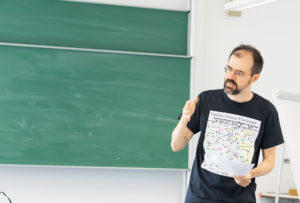 דער כּלל « צוויי ייִדן, דרײַ מיינונגען » איז אויך חל אויף דער געשיכטע פֿון ייִדיש. זינט הונדערטער יאָרן קריגן זיך ייִדן איבער דעם, וואָס עס הייסט רעדן און שרײַבן ייִדיש ריכטיק. איז בעסער מײַן דיאַלעקט אָדער דײַנער ? דער נײַער אויסלייג אָדער דער אַלטער ? אַ מאָל זײַנען די דאָזיקע מחלוקתן ווי אַ שטורעם אין אַ גלאָז וואַסער וואָס לאָזט זיך אויס מיט גאָרנישט. אָבער אַ מאָל גייט עס אין עיקרדיקע זאַכן.
דער כּלל « צוויי ייִדן, דרײַ מיינונגען » איז אויך חל אויף דער געשיכטע פֿון ייִדיש. זינט הונדערטער יאָרן קריגן זיך ייִדן איבער דעם, וואָס עס הייסט רעדן און שרײַבן ייִדיש ריכטיק. איז בעסער מײַן דיאַלעקט אָדער דײַנער ? דער נײַער אויסלייג אָדער דער אַלטער ? אַ מאָל זײַנען די דאָזיקע מחלוקתן ווי אַ שטורעם אין אַ גלאָז וואַסער וואָס לאָזט זיך אויס מיט גאָרנישט. אָבער אַ מאָל גייט עס אין עיקרדיקע זאַכן.
אין דעם קורס וועלן מיר ווײַטער פֿירן די אַלטע פּאָלעמיקעס פֿון עטלעכע פֿון אונדזערע בעסטע ליטעראַטן און פֿילאָלאָגן : שלום־עליכם, גלאַטשטיין, באַשעוויס, מאַקס ווײַנרײַך, און נאָך. אפֿשר וועלן מיר סוף־כּל־סוף קומען צום ריכטיקן אויספֿיר ?
ערשטע וואָך : « גוט » אָדער « גיט » : ווי דאַרף זײַן דער ריכטיקער ייִדישער אַרויסרעד ?
צווייטע וואָך : אַ ליטוואַק האָט ניט קיין דאָס : לאָמיר רעדן וועגן מין
דריטע וואָך : ייִדיש אָדער ייִדישיסטיש ?
פֿערטע וואָך : די צאָרע מיט לאָשן־קוידעש
פּרײַז פֿאַרן גאַנצן סעמינאַר : 60 אייראָס.
[maxbutton id= »26″ ]
אויב איר האָט פֿראַגעס : talmidim@yiddishweb.com
Deux séminaires en ligne organisés par la Maison de la culture yiddish du 28 novembre au 21 décembre 2020.
Vous pouvez vous inscrire soit à tout le programme, soit à l’un de ces deux séminaires de six heures répartis en quatre sessions d’une heure et demie.
Les séminaires se déroulent entièrement en yiddish.
Programme
- S’adresser à chaque lecteur dans sa langue : les romans de Bashevis en yiddish et en anglais
Séminaire de quatre séances, les samedis de 19h à 20h30 (du 28 novembre au 19 décembre)
Avec Valentina Fedchenko
 Qui de nos jours ne connait pas Yitskhok Bashevis Singer ? Néanmoins ses importants romans en yiddish sont restés oubliés dans les archives du Forverts pendant que les versions en anglais de ses livres acquéraient une réputation considérable.
Qui de nos jours ne connait pas Yitskhok Bashevis Singer ? Néanmoins ses importants romans en yiddish sont restés oubliés dans les archives du Forverts pendant que les versions en anglais de ses livres acquéraient une réputation considérable.
Je vous propose de vous plonger dans le Forverts des années 1960-1970 à la recherche d’épisodes et de personnages qui ont disparu plus tard des romans mondialement connus de Bashevis. Nous parlerons de l’influence de ces coupures sur le contenu littéraire et des difficultés que l’on rencontre en général quand on traduit de la littérature yiddish.
Tarif : 60 €
[maxbutton id= »25″]
- Controverses dans l’histoire du yiddish
Séminaire de quatre séances, les lundis de 19h à 20h30 (du 30 novembre au 21 décembre)
Avec Leyzer Burko
 La règle : « Deux Juifs, trois opinions » s’applique également à l’histoire du yiddish. Pendant des centaines d’années, les Juifs se sont querellés pour savoir ce que cela signifiait d’écrire ou de parler yiddish correctement. Mon dialecte est-il meilleur que le vôtre ? L’ancienne orthographe ou la nouvelle ? Parfois ces controverses ressemblaient à une tempête dans un verre d’eau et ne changeaient pas grand-chose. Mais parfois elles aboutissaient à des principes de base.
La règle : « Deux Juifs, trois opinions » s’applique également à l’histoire du yiddish. Pendant des centaines d’années, les Juifs se sont querellés pour savoir ce que cela signifiait d’écrire ou de parler yiddish correctement. Mon dialecte est-il meilleur que le vôtre ? L’ancienne orthographe ou la nouvelle ? Parfois ces controverses ressemblaient à une tempête dans un verre d’eau et ne changeaient pas grand-chose. Mais parfois elles aboutissaient à des principes de base.
Dans ce cours, nous allons poursuivre les polémiques de certains de nos meilleurs auteurs et philologistes : Sholem-Aleykhem, Yankev Glatshteyn, Yitskhok Bashevis, Max Weinreich, et plusieurs autres. Peut-être arriverons nous à la bonne conclusion.
Semaine 1 : Gut ou git : quelle est la bonne prononciation ?
Semaine 2 : Un litvak n’a pas de dos : parlons de genre
Semaine 3 : Yidish ou yidishistish ?
Semaine 4 : Le problème avec l’hébreu
Tarif : 60 €
[maxbutton id= »25″]
Renseignements : talmidim@yiddishweb.com
Étudiants en difficultés financières peuvent demander une bourse : stipendyes@yiddishweb.com
Two Advanced Online Seminars Offered by the Paris Yiddish Center, November 28 to December 21, 2020
You may sign up for one or two seminars. Each seminar comprises four 90-minute sessions, for a total of 6 hours over the course of four weeks.
The seminars will take place entirely in Yiddish.
Program
1. Addressing Each Reader in His Own Language: Bashevis’s Novels in Yiddish and English
Saturdays from 7 p.m. to 8:30 p.m., Paris time (November 28 to December 19)
With Valentina Fedchenko
 The writer Yitskhok Bashevis Singer needs no introduction. The Yiddish texts of his novels, however, lie forgotten in the Forverts archives — and their English translations have earned prominence instead.
The writer Yitskhok Bashevis Singer needs no introduction. The Yiddish texts of his novels, however, lie forgotten in the Forverts archives — and their English translations have earned prominence instead.
I invite you to dive with me into the pages of the Forverts from the 1960s and 1970s, in search of episodes and characters that are present in the Yiddish texts of Bashevis’s world-famous novels, but missing in their English translations. We will talk about the significance of these omissions from a literary perspective, as well as the complications plaguing Yiddish literature in translation in general.
Price : 60 €
[maxbutton id= »23″]
2. Controversies in the History of Yiddish
Mondays from 7 p.m. to 8:30 p.m., Paris time (November 30 to December 21)
With Leyzer Burko
 The rule “two Jews, three opinions” also applies to the history of Yiddish. For hundreds of years Jews have been arguing about what it means to speak and write Yiddish correctly. Is my dialect better or yours? The old spelling or the new one? Sometimes these arguments are like a tempest in a teapot and don’t affect anything. But other times they come down to basic principles.
The rule “two Jews, three opinions” also applies to the history of Yiddish. For hundreds of years Jews have been arguing about what it means to speak and write Yiddish correctly. Is my dialect better or yours? The old spelling or the new one? Sometimes these arguments are like a tempest in a teapot and don’t affect anything. But other times they come down to basic principles.
In this course we will continue the old polemics of some of our best writers and philologists: Sholem-Aleichem, Glatstein, Bashevis, Max Weinreich, and more. Maybe we will finally reach the right conclusion?
Week 1: Gut or git: What should be the correct Yiddish pronunciation?
Week 2: A Litvak has no dos: Let’s talk about gender
Week 3: Yiddish or Yiddishistish?
Week 4: The Trouble with Hebrew
Price : 60 €
[maxbutton id= »23″]
Questions : talmidim@yiddishweb.com
Students with limited financial resources are encouraged to apply for a scholarship : stipendyes@yiddishweb.com




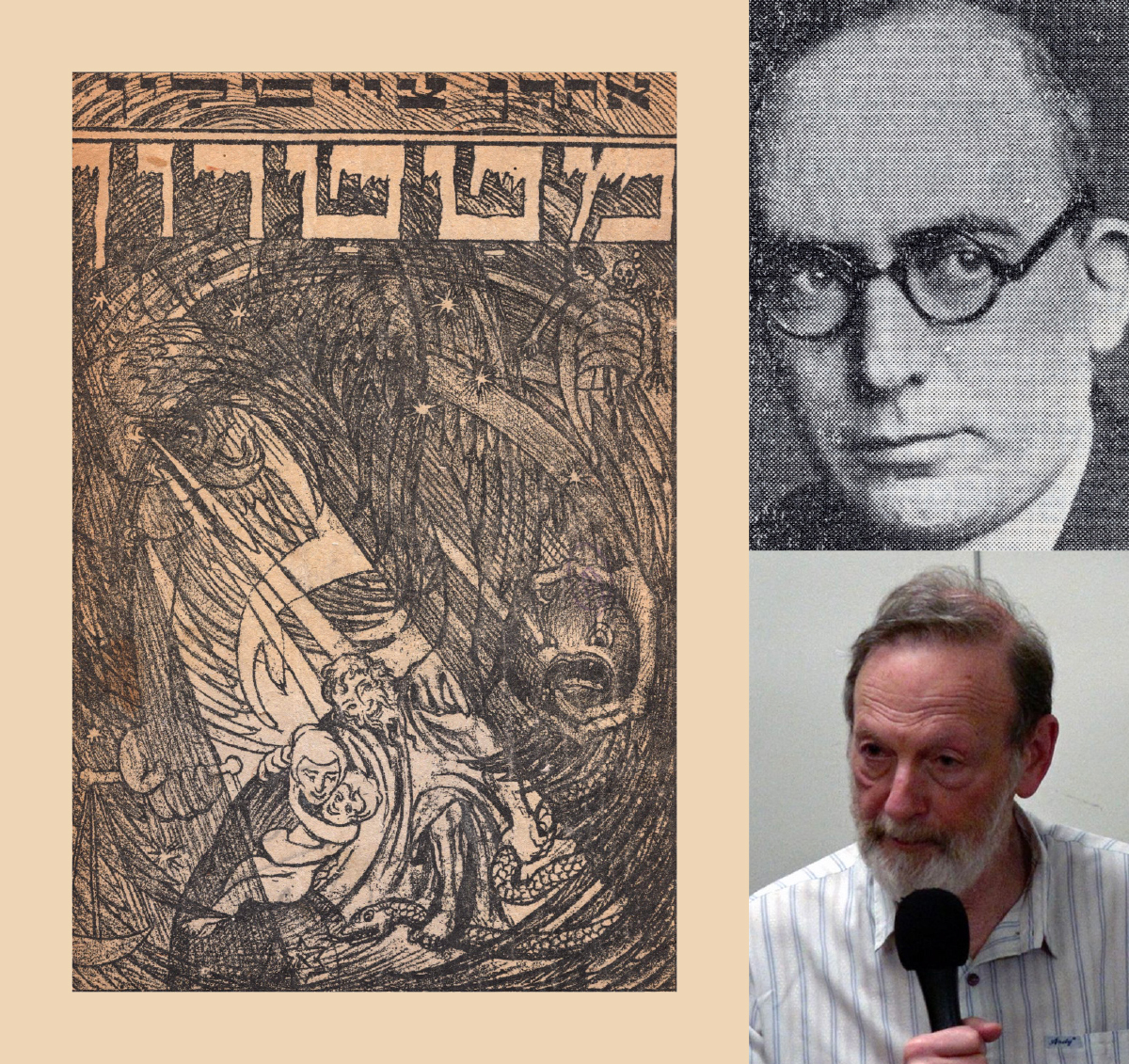
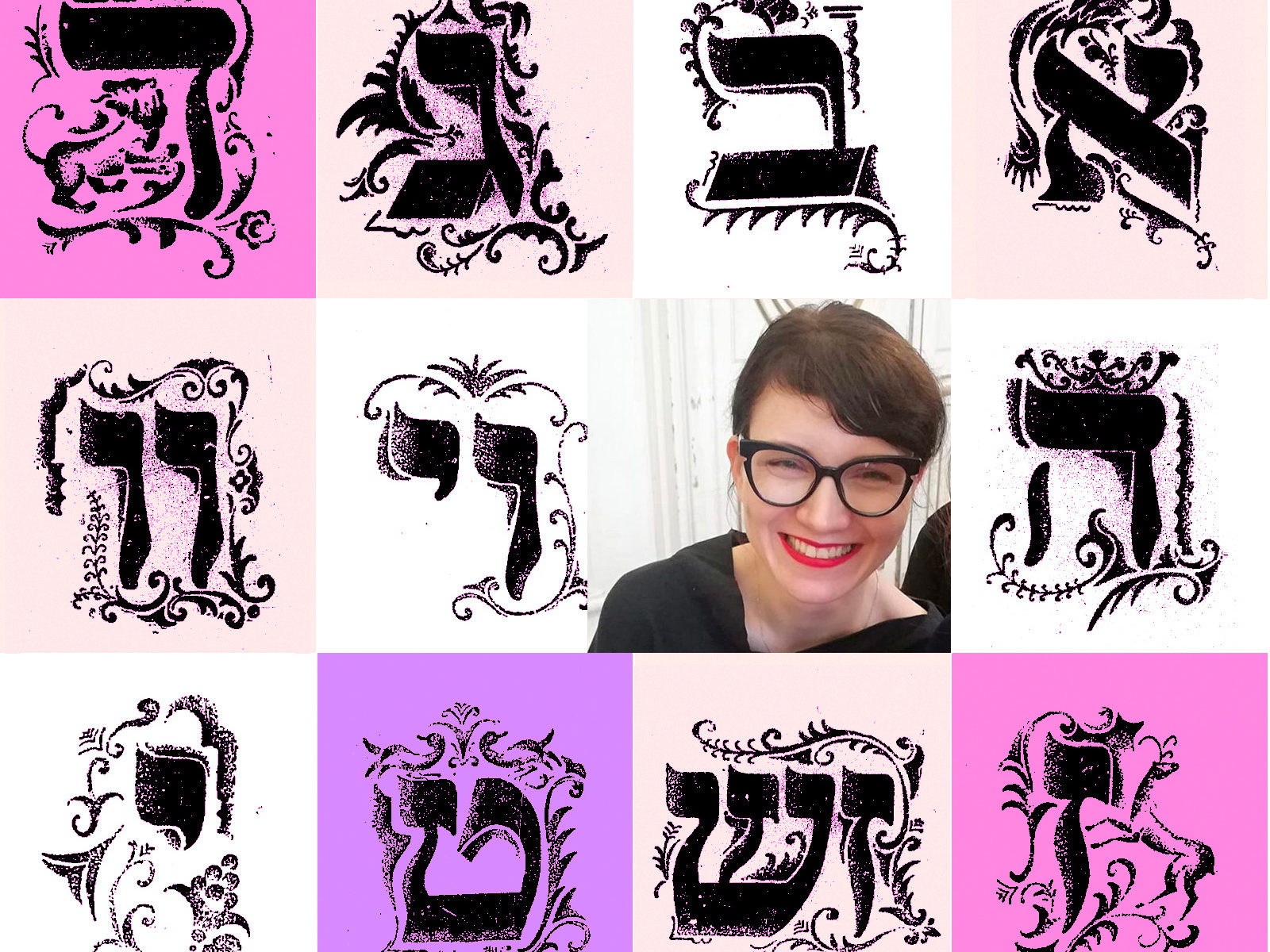
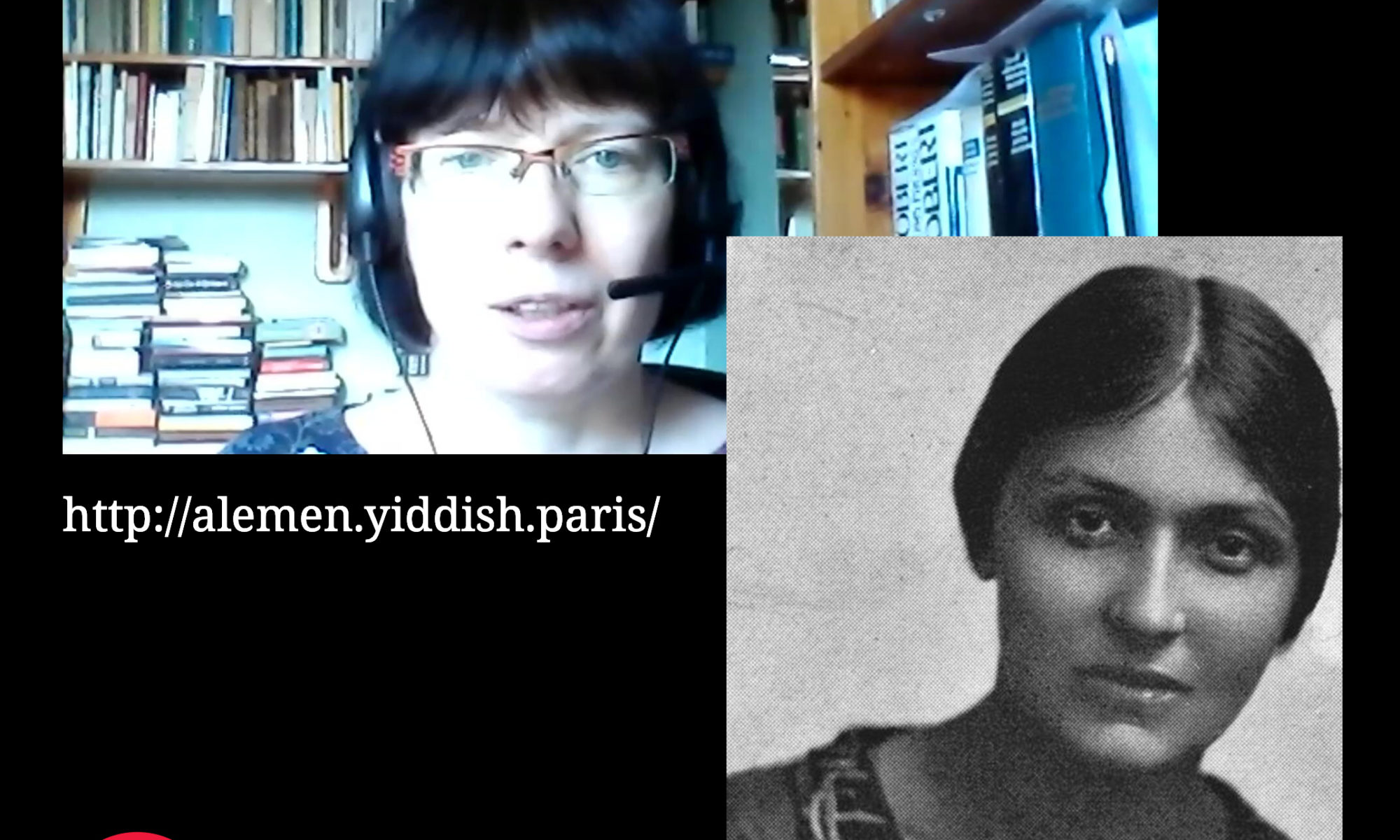
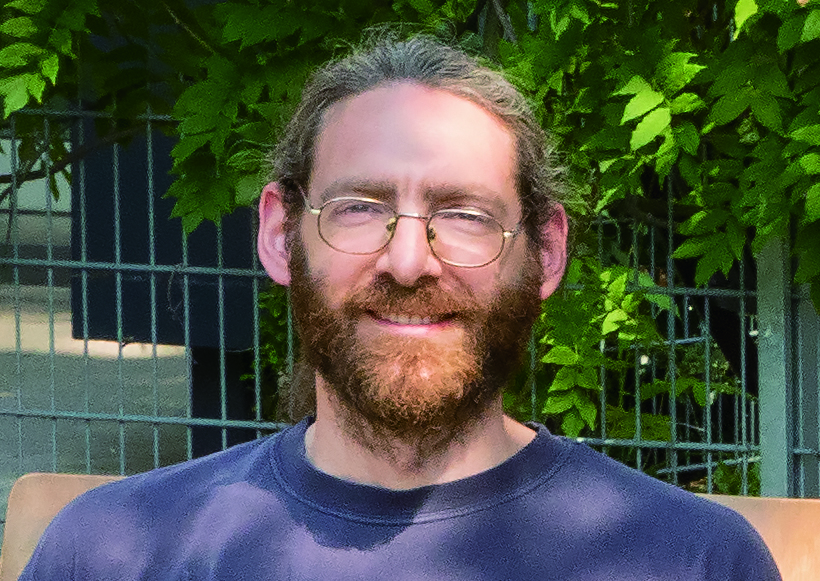
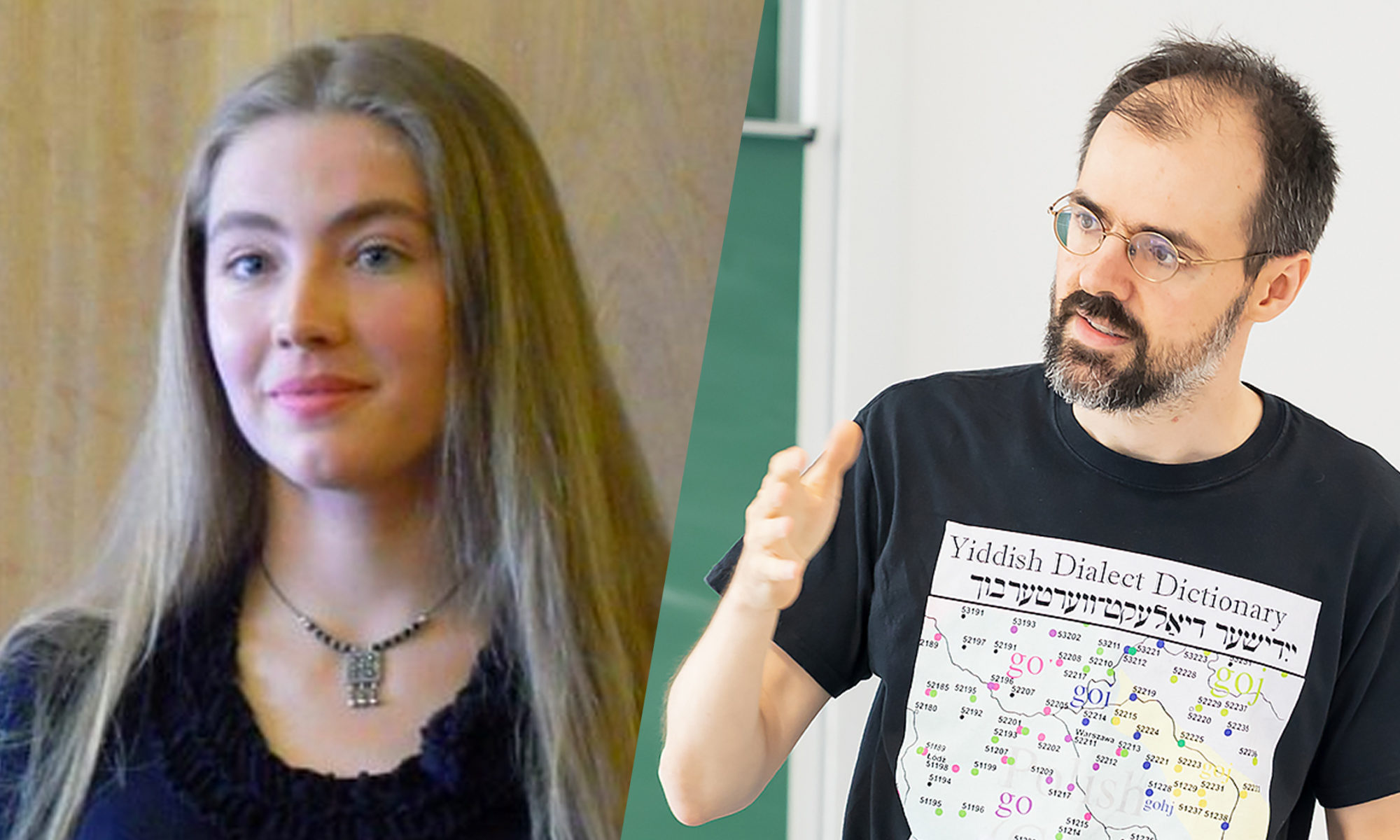
 סעמינאַר פֿון פֿיר לעקציעס, שבת 19 ביז 20.30 אַז’ (פֿונעם 28סטן נאָוועמבער ביזן 19טן דעצעמבער)
סעמינאַר פֿון פֿיר לעקציעס, שבת 19 ביז 20.30 אַז’ (פֿונעם 28סטן נאָוועמבער ביזן 19טן דעצעמבער) דער כּלל « צוויי ייִדן, דרײַ מיינונגען » איז אויך חל אויף דער געשיכטע פֿון ייִדיש. זינט הונדערטער יאָרן קריגן זיך ייִדן איבער דעם, וואָס עס הייסט רעדן און שרײַבן ייִדיש ריכטיק. איז בעסער מײַן דיאַלעקט אָדער דײַנער ? דער נײַער אויסלייג אָדער דער אַלטער ? אַ מאָל זײַנען די דאָזיקע מחלוקתן ווי אַ שטורעם אין אַ גלאָז וואַסער וואָס לאָזט זיך אויס מיט גאָרנישט. אָבער אַ מאָל גייט עס אין עיקרדיקע זאַכן.
דער כּלל « צוויי ייִדן, דרײַ מיינונגען » איז אויך חל אויף דער געשיכטע פֿון ייִדיש. זינט הונדערטער יאָרן קריגן זיך ייִדן איבער דעם, וואָס עס הייסט רעדן און שרײַבן ייִדיש ריכטיק. איז בעסער מײַן דיאַלעקט אָדער דײַנער ? דער נײַער אויסלייג אָדער דער אַלטער ? אַ מאָל זײַנען די דאָזיקע מחלוקתן ווי אַ שטורעם אין אַ גלאָז וואַסער וואָס לאָזט זיך אויס מיט גאָרנישט. אָבער אַ מאָל גייט עס אין עיקרדיקע זאַכן.